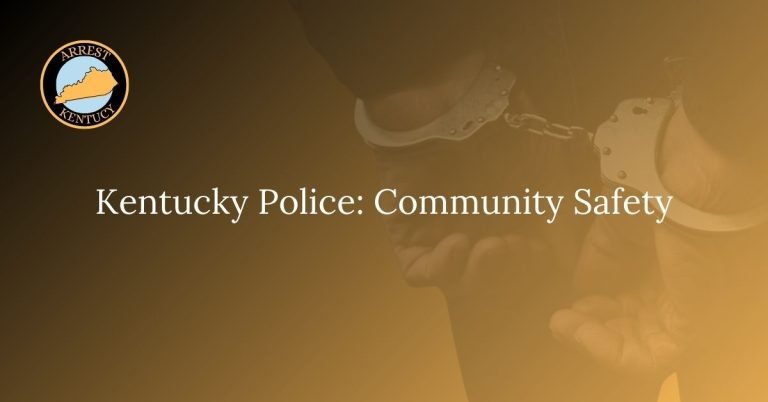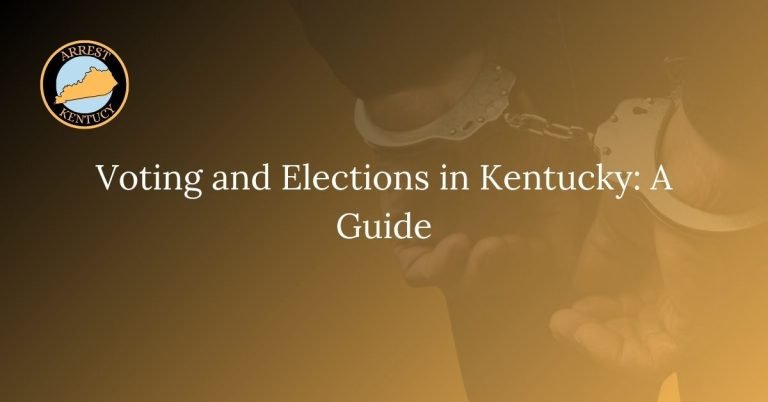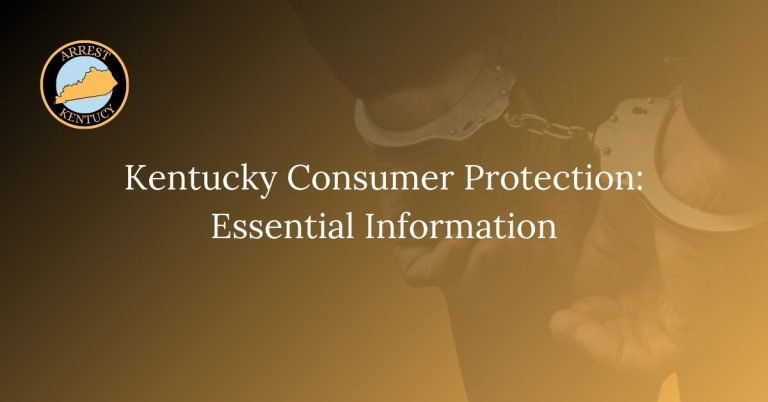The Importance of Community Policing

Community policing represents a proactive strategy that emphasizes collaboration between law enforcement officers and the communities they serve. By focusing on building strong relationships and fostering open communication, this approach aims to create safer neighborhoods and address local challenges more effectively. Through active engagement and mutual trust, law enforcement can more effectively tackle issues and improve public safety.
This guide explores the essential role of community policing in modern law enforcement. It highlights the benefits of this approach and how it contributes to a more effective and collaborative approach to public safety.
The Essence of Community Policing
Community policing goes beyond traditional methods by focusing on developing strong connections between police officers and the communities they serve. It operates on the principle that public safety is a shared responsibility, requiring active participation from both law enforcement and community members. This approach encourages a partnership where both sides work together to address public safety concerns.
By emphasizing the importance of engagement and collaboration, community policing aims to build trust and foster a sense of community ownership over safety issues. This strategy not only improves police-community relations but also enhances the overall effectiveness of law enforcement efforts.
Building Trust with the Community
A fundamental aspect of community policing is establishing trust and mutual respect between law enforcement and residents. Effective communication, listening to community concerns, and engaging in positive interactions are essential for building these strong relationships.
Strategies for Problem Solving
Community policing involves tackling local issues through collaboration between law enforcement and community members. This section covers strategies for solving problems that engage the community and develop effective solutions to address specific local challenges.
Training for Community Policing
Specialized training is crucial for officers involved in community policing. This includes instruction in communication skills, cultural sensitivity, conflict resolution, and problem-solving techniques. Effective training helps officers engage more successfully with the community.
Engaging Diverse Communities
Community policing emphasizes the importance of cultural sensitivity and inclusivity. Building connections with diverse communities ensures equitable protection and service for all residents.
Frequently Asked Questions
Our FAQ section addresses common inquiries related to how community policing enhances public safety, fosters stronger community relationships, and contributes to a more effective and responsive law enforcement approach.
What is community policing?
Community policing is a strategy where law enforcement collaborates closely with community members to address local issues and improve safety. Unlike traditional policing, which often reacts to crimes, community policing focuses on proactive engagement. It involves building relationships and trust between officers and residents to identify and solve problems before they escalate. This approach aims to foster a sense of shared responsibility for public safety and improve overall community well-being.
Why is community policing important?
Community policing is crucial because it shifts from reactive to proactive law enforcement. By involving community members in crime prevention and addressing root causes of crime, it strengthens public trust and cooperation. This approach enhances the effectiveness of law enforcement by utilizing local knowledge and support, leading to better crime prevention and improved safety. It also helps in building stronger relationships between police officers and the community, fostering a safer and more engaged environment.
How does it build trust?
Community policing builds trust through regular, positive interactions between officers and residents in non-crisis situations. Officers participate in community events, neighborhood meetings, and informal conversations, which helps them understand and address local concerns. By being approachable and responsive, law enforcement demonstrates their commitment to the community’s needs. This consistent presence and engagement help establish a strong foundation of trust and cooperation between police and the public.
What role does problem-solving play?
Problem-solving is central to community policing as it involves identifying and addressing local issues collaboratively. Instead of merely responding to incidents, officers work with community members to uncover and tackle underlying problems. This approach focuses on finding long-term solutions by addressing the root causes of crime and social issues. Effective problem-solving strategies improve public safety and enhance the overall quality of life in the community.
How does it reduce crime?
Community policing contributes to crime reduction by involving residents in prevention efforts and addressing the underlying causes of crime. By fostering strong community ties and utilizing local insights, law enforcement can more effectively address issues such as poverty, substance abuse, and lack of education. This collaborative approach ensures that resources are used efficiently and helps create a more secure and stable environment, leading to a decrease in criminal activity over time.
Can you provide examples?
Successful community policing initiatives include youth mentoring programs where officers guide at-risk youth, and neighborhood watch schemes that encourage residents to report suspicious activities. For example, some cities have implemented programs where police officers act as mentors, building positive relationships with young people. Other communities have established watch programs that enhance local surveillance and cooperation. These initiatives not only reduce crime but also strengthen community bonds and improve the overall perception of law enforcement.






